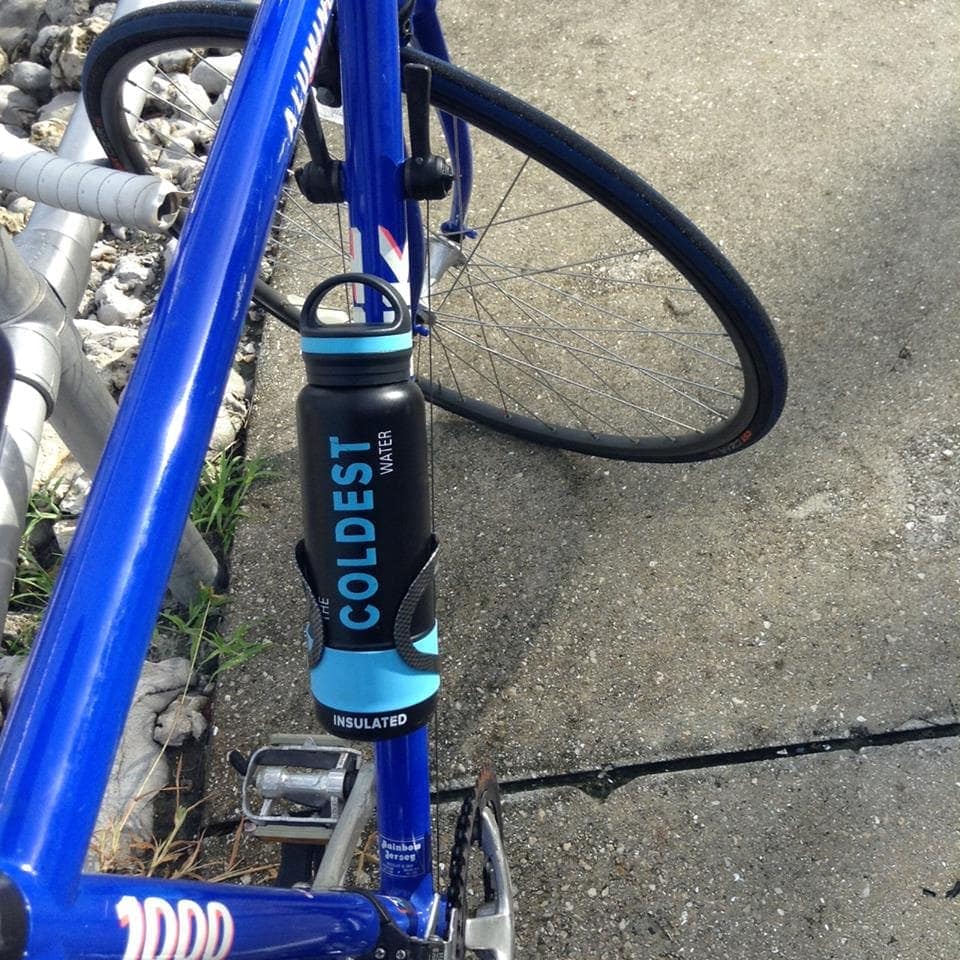Drinking Water: The Requirement of Athletes
Drinking Water: The Requirement of Athletes
You are having fun, you want to keep fit or lose weight, no sports activity takes place without proper hydration! The quantities to absorb, the most suitable drinking water and how to keep water fresh… follow our advice.
On a football field, on a bike or in a gym, athletes all end up sweating, a sign of loss of water that should not be neglected. For normal sports, drinking water is the best answer. Always keep a stainless steel water bottle to keep water fresh and cold.
Drink Before, During and After Exercise:
Water and sport to stay at the optimum level of hydration, you have to drink before, during and after exercise. Absorb about half a liter of drinking water in the two hours before the session is recommended. It is important to do this in advance because the body takes some time to absorb this liquid. During physical exercise, it is best for all the team members to hydrate every quarter of an hour or at least each stoppage of the play. Avoid consuming too much at one time; otherwise, you will have the stomach problem.
If you are on a bike or for a jog, think of The Growler Backpack including the coldest water bottle! Thanks to a sleeve connected to a pocket of 2 to 3 liters, the sportsman can drink without stopping. Bottles of water with a sports tag also make it easier to hydrate while moving. After the session, continue drinking within two hours. The total amount absorbed must be at least half of the water losses.
Generally, we lose a liter of water per hour of training. But, the amount varies according to the intensity of the activity. In a competition context, the volume rises between 1.5 and 2.5 liters per hour. A football or tennis match represents a water loss of 3 to 4 liters. It is recommended that all sportsmen must keep the coldest water bottle to regain the energy due to the loss of water.
The surrounding temperature and humidity also affect perspiration. In a room with high human concentration and high humidity, the athlete sweats much more. Notice to skiers, they also lose more water at altitude!
Beware of Dehydration:
In any case; do not be fooled by the feeling of thirst. When it intervenes, it is too late: the body already suffers from dehydration. A lack of water alters performance and stamina. A loss of 1% of its weight in water reduces by 10% its physical capacities! Without sufficient water, muscle fatigue increases and cramps may occur.
Similarly, lack of water, essential for the proper functioning of the tendons, can cause tendonitis. Decreased blood volume and blood pressure, increased heart rate … the consequences of dehydration are not to hang lightly.
Water Rich in Magnesium and Bicarbonates:
When we sweat, we lose not only water but also minerals, such as sodium, potassium, calcium or magnesium. It is therefore wise to choose natural drinking water, richer in minerals or spring water. Opt for a drinking water that contains a lot of magnesium that plays a role in neuromuscular transmission and cardiovascular is essential during a sport. To keep water fresh, you always carry an insulated water bottle like the coldest water bottle.






